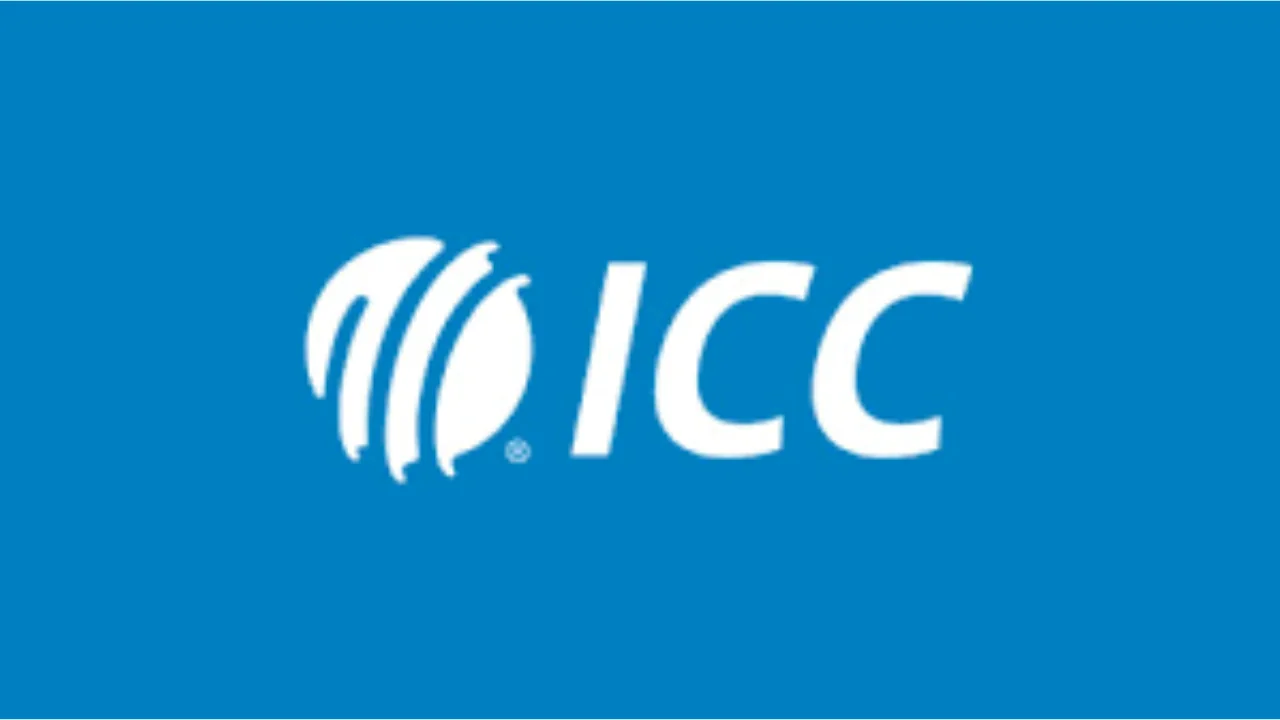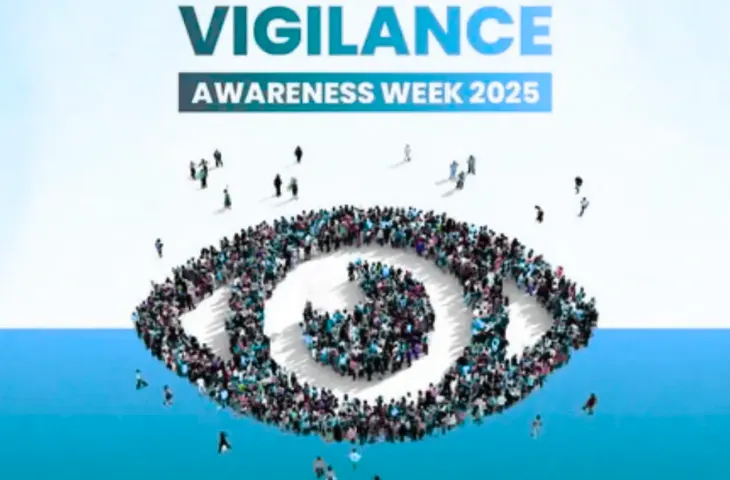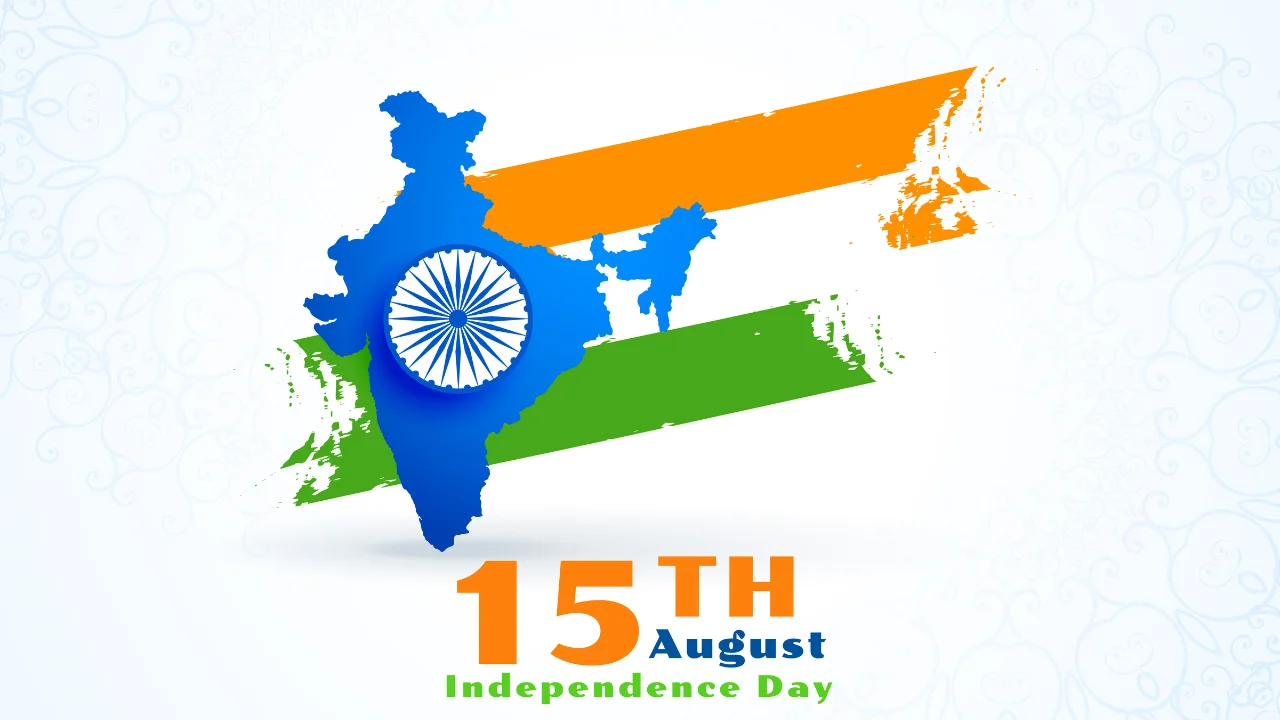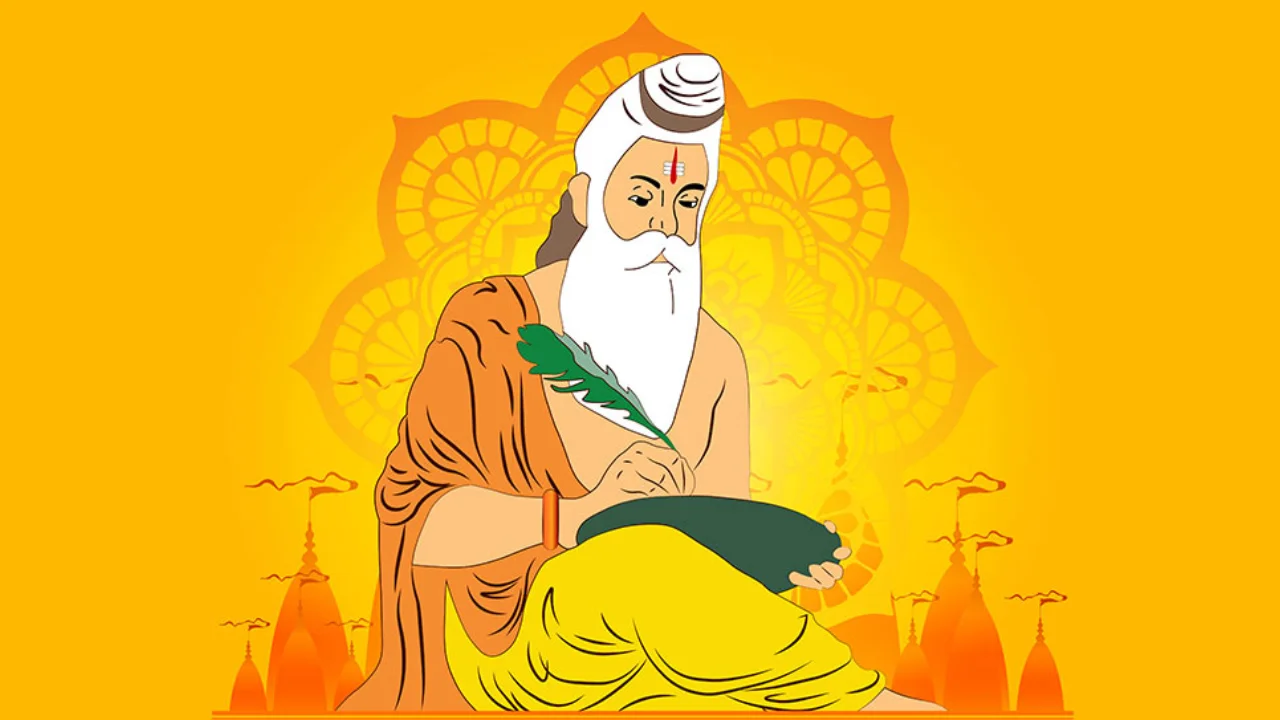The International Cricket Council (ICC), cricket’s governing body, is gearing up to introduce Stop Clocks in men’s One Day Internationals (ODIs) and T20 Internationals (T20Is) to further regulate and improve the pace of play. The upcoming trial, set to take place from December to April, will involve penalty runs being imposed on the bowling side if they don’t initiate a new over within 60 seconds on three occasions during a match.
Cricket’s Trial Period: Shot Clocks Introduced
Starting from December 2023 and continuing until April 2024, cricket will witness the implementation of the stop clock rule. Bowlers face penalties if they fail to start a new over within 60 seconds thrice during a match. This novel approach is part of the ICC’s broader initiative to infuse dynamism and captivation into the game for fans.
Inspired by Other Sports
The idea of shot clocks is borrowed from other sports, notably tennis, where similar time regulations have enhanced the pace and overall spectator experience. The ICC’s decision reflects a commitment to modernize cricket and align it with contemporary sports standards.
Purpose and Rationale
The ICC, through its chief executives committee, aims to tackle concerns about the slow pace of play in limited-overs formats. The new rule seeks to inject urgency into the game, ensuring smooth match progress and engaging the audience. Penalty runs serve as a tangible consequence for teams not adhering to specified time limits.
Exemption for Australia-India T20 Series
While the shot clock trial is imminent, it won’t apply to the upcoming T20 series between Australia and India. This exemption allows players and teams to adjust gradually to the new regulations, and it offers the ICC an opportunity to assess the impact of shot clocks on the game.
Evolution of Time Regulations
This initiative follows previous time-related penalties introduced by the ICC. In the prior year, penalties were implemented for fielding teams not starting the final over within the stipulated time in international white-ball matches. Deducting points for slow over rates in Test matches has also been in effect, with instances involving England and Australia during the Ashes series.
Test Matches Excluded
While the ICC addresses the pace of play in limited-overs formats, the new rule changes exclude Test matches. Despite a recent decline in over rates in Test cricket, the governing body adopts a measured approach, possibly considering the distinct nature and traditional elements of the longer format.
Historical Context
Australia’s exclusion from the 2021 World Test Championship final due to a slow over rate during the 2020 Boxing Day Test against India serves as a reminder of the consequences of not adhering to established time regulations. Such historical instances underscore the importance of maintaining a reasonable over rate.
About ICC
The International Cricket Council (ICC) is the global governing body of cricket. It was founded as the Imperial Cricket Conference in 1909 by representatives from Australia, England, and South Africa. It was renamed as the International Cricket Conference in 1965 and adopted its current name in 1987.
- Headquarters – Dubai, United Arab Emirates
- CEO – Geoff Allardice
- Chairman – Greg Barclay
Structure of ICC
The ICC is governed by a Board of Directors, which is made up of representatives from the 12 Full Members of the ICC. The Board of Directors is responsible for setting the strategic direction of the ICC and for making decisions on all major matters. The ICC also has a number of other committees, which are responsible for specific areas of the game.
Challenges faced by ICC
The ICC faces a number of challenges, including:
- The rise of other sports: Cricket is facing increasing competition from other sports, such as football and basketball.
- The corruption of cricket: Corruption has been a problem in cricket for many years, and the ICC is working hard to address this issue.
- The spread of Twenty20 cricket: Twenty20 cricket is a shorter and more fast-paced version of the game, and there is concern that it is damaging the traditional format of the game.
- Promoting Honesty and Integrity, Vigilance Awareness Week 2025
- India Independence Day 2025 (15th August), Theme & Significance
- Jal Jeevan Mission, Ensuring Safe and Sustainable Drinking Water
- International Day for the Eradication of Poverty 2025, Theme, History & More
- Maharishi Valmiki Jayanti 2025, History, Significance & How to Celebrate
- World Anesthesia Day 2025, Theme, History & More

Hello, I’m Aditi, the creative mind behind the words at Oliveboard. As a content writer specializing in state-level exams, my mission is to unravel the complexities of exam information, ensuring aspiring candidates find clarity and confidence. Having walked the path of an aspirant myself, I bring a unique perspective to my work, crafting accessible content on Exam Notifications, Admit Cards, and Results.
At Oliveboard, I play a crucial role in empowering candidates throughout their exam journey. My dedication lies in making the seemingly daunting process not only understandable but also rewarding. Join me as I break down barriers in exam preparation, providing timely insights and valuable resources. Let’s navigate the path to success together, one well-informed step at a time.






